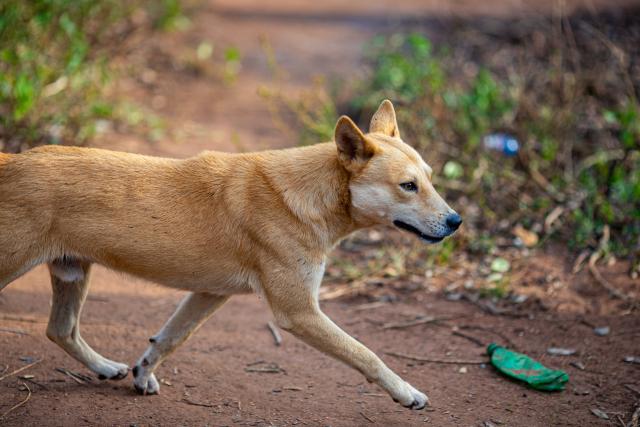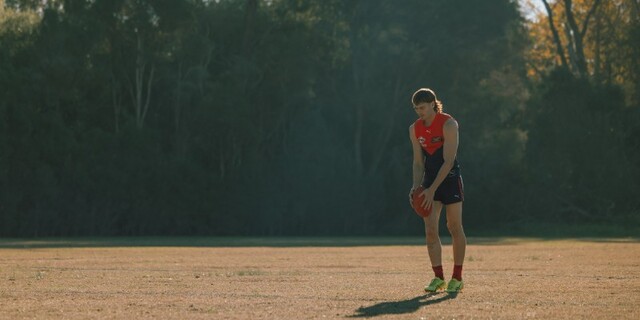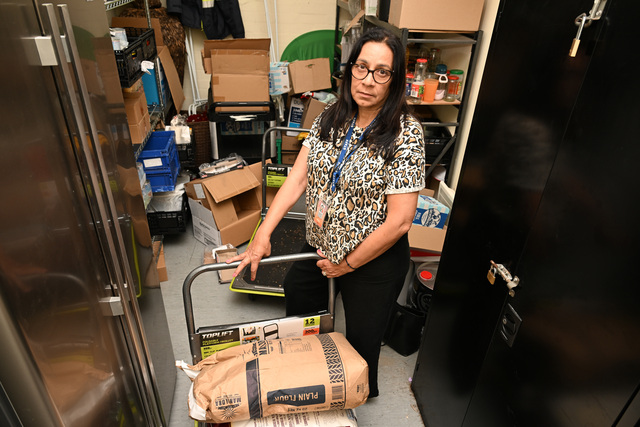The state government is helping protect a vulnerable population of dingoes in Victoria’s north-west while ensuring farmers are able to protect their livestock.
Effective from March 14, the dingo unprotection order will conclude in north-west Victoria, following new research, strong advice and the effectiveness of non-lethal dingo control methods to protect livestock.
Farmers in this area will be supported by a $550,000 investment to adopt alternate non-lethal control methods via a pilot of measures, such as exclusion fencing and guardian animals.
This funding will also support the management of other pests including feral goats, wild pigs and foxes.
In other parts of Victoria, dingo control measures will remain unchanged- giving stability to farmers in need of protecting their livestock.
Environment Minister Steve Dimopoulos said the population is under threat in parts of the state.
“The dingo population in north-west Victoria is under threat of extinction, that’s why we’re making these changes to protect an important part of the ecosystem,” he said.
The government’s review into its wild dog management policies will be finalised in the next six months and will consider the new research alongside the impacts on livestock.
The state government said dingoes play an important role in the ecosystem and the latest Arthur Rylah Institute data shows the dingo population in the north-west is at risk of extinction, with as few as 40 dingoes left.
Whilst dingo numbers are much greater in other parts of the state, they remain a threatened species and are protected under the Wildlife Act.
Where livestock are being significantly impacted and there are no other control options available, all farmers– including those in north-west Victoria– can apply for an Authority to Control Wildlife permit to use lethal control methods.
In light of these changes, the wild dog component of the current Fox and Wild Dog Bounty Program will not continue in the north-west. There will be no changes to the Fox Bounty in the north-west.
The dingo unprotection order for eastern Victoria remains in place until October 1.

















